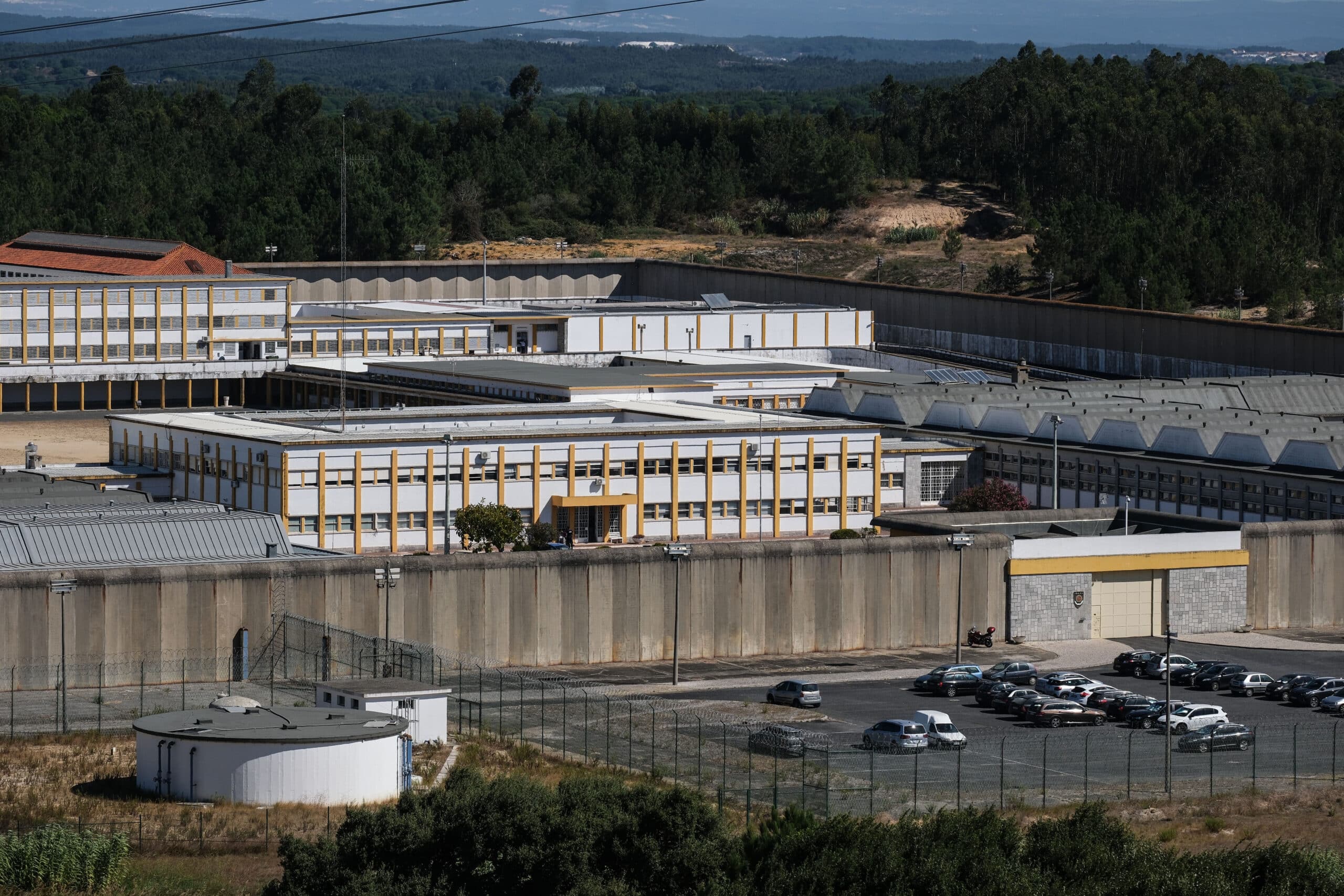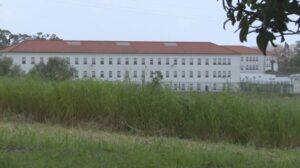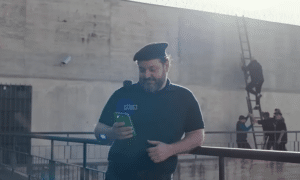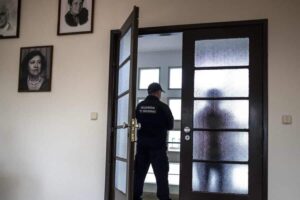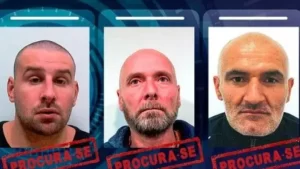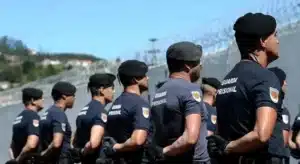Former director, senior officer and seven guards will have opportunity to defend themselves before a final decision is made
Portugal’s Directorate-General for Reintegration and Prison Services (DGRSP) has proposed the suspension of the former director, a senior officer, and seven guards stationed at the Vale de Judeus prison at the time of a major inmate escape in September 2024.
The proposal follows internal disciplinary proceedings initiated in October last year. According to a source from the Ministry of Justice, these nine prison officials are in the process of being formally notified of the charges and will be given an opportunity to present their defense before a final decision is made.
The DGRSP identified “strong indications of serious breaches of disciplinary duties” during its investigation, prompting the recommendation of one of the most severe sanctions available within the disciplinary framework.
Speaking on the matter in Lisbon, the Minister of Justice, Rita Alarcão Júdice, confirmed that the process is ongoing but nearing conclusion. “The case is not yet closed,” she stated, “but it will be concluded shortly.”
The escape took place on September 7, 2024, when five inmates – Rodolfo Lohrmann (Argentina), Mark Roscaleer (UK), Shergili Farjiani (Georgia), and Portuguese nationals Fábio Loureiro and Fernando Ribeiro Ferreira – managed to flee the high-security facility in Alcoentre, Azambuja. All five have since been recaptured. The men were serving lengthy prison terms for crimes including drug trafficking, organised crime, kidnapping, robbery, and money laundering.
The disciplinary procedures were triggered by a report from the DGRSP’s Audit and Inspection Service (SAI) which found that Horácio Ribeiro, the acting prison director at the time, “failed in his general duties to uphold public interest, diligence, and loyalty”. It stated that Ribeiro had not ensured compliance with surveillance and security protocols, particularly with respect to the approval of guard schedules.
Regarding the chief prison officer, the report concluded he bore direct responsibility for ensuring both physical and video surveillance on the day of the escape, including assigning internal yard patrols.
As for the remaining prison guards, including a wing chief, the investigation cited failures to adhere to written instructions and protocols. These lapses, the report noted, led to a breakdown in both physical monitoring and CCTV coverage, directly enabling the escape and delaying its detection.

